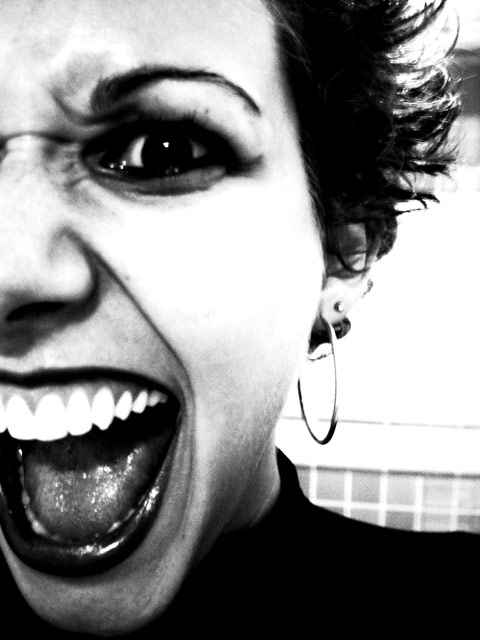
Get the world’s most fascinating discoveries delivered straight to your inbox.
You are now subscribed
Your newsletter sign-up was successful
Want to add more newsletters?

Delivered Daily
Daily Newsletter
Sign up for the latest discoveries, groundbreaking research and fascinating breakthroughs that impact you and the wider world direct to your inbox.

Once a week
Life's Little Mysteries
Feed your curiosity with an exclusive mystery every week, solved with science and delivered direct to your inbox before it's seen anywhere else.

Once a week
How It Works
Sign up to our free science & technology newsletter for your weekly fix of fascinating articles, quick quizzes, amazing images, and more

Delivered daily
Space.com Newsletter
Breaking space news, the latest updates on rocket launches, skywatching events and more!

Once a month
Watch This Space
Sign up to our monthly entertainment newsletter to keep up with all our coverage of the latest sci-fi and space movies, tv shows, games and books.

Once a week
Night Sky This Week
Discover this week's must-see night sky events, moon phases, and stunning astrophotos. Sign up for our skywatching newsletter and explore the universe with us!
Join the club
Get full access to premium articles, exclusive features and a growing list of member rewards.
Every day you smile, roll your eyes, groan and perform all manner of strange behaviors in public with your body and voice. Yet you have managed to avoid a room in the loony bin. Of course, it helps that everyone else is doing those things too.
Non-verbal communication is made up of such familiar patterns of activity that we don't often think about their intended purposes. Your stubbed-big-toe yelp lets others around you know something's wrong. It's an evolutionarily useful tool, especially for the verbally challenged. Infants are famous for their fast recovery from scrapes and bruises to which no adult is witness, whereas their propensity for dramatizing a small but public boo-boo can cause much parental eye-rolling. But even adults want attention when hurt.
One 2003 study observed that, for some adults (labeled "high catastrophizers"), pained expressions and vocalizations lasted longer when observers were present. This suggests that one purpose of vocalization may be to communicate dependency needs and encourage communal coping.
Follow Life's Little Mysteries on Twitter @llmysteries. We're also on Facebook & Google+.
Get the world’s most fascinating discoveries delivered straight to your inbox.
 Live Science Plus
Live Science Plus










